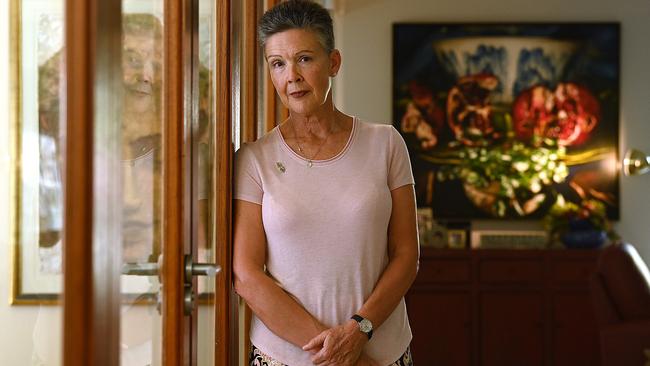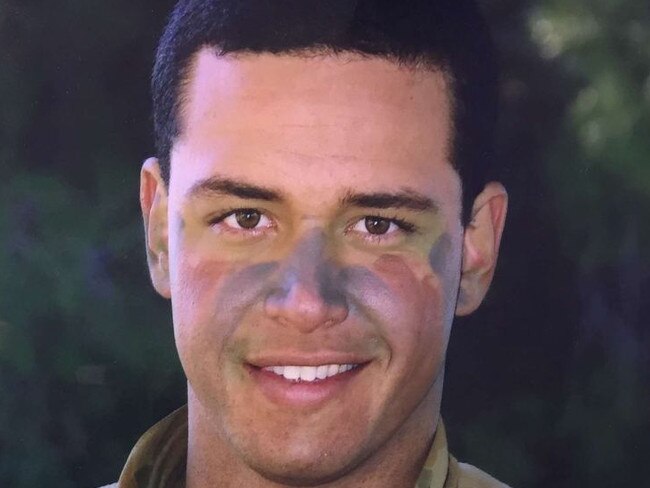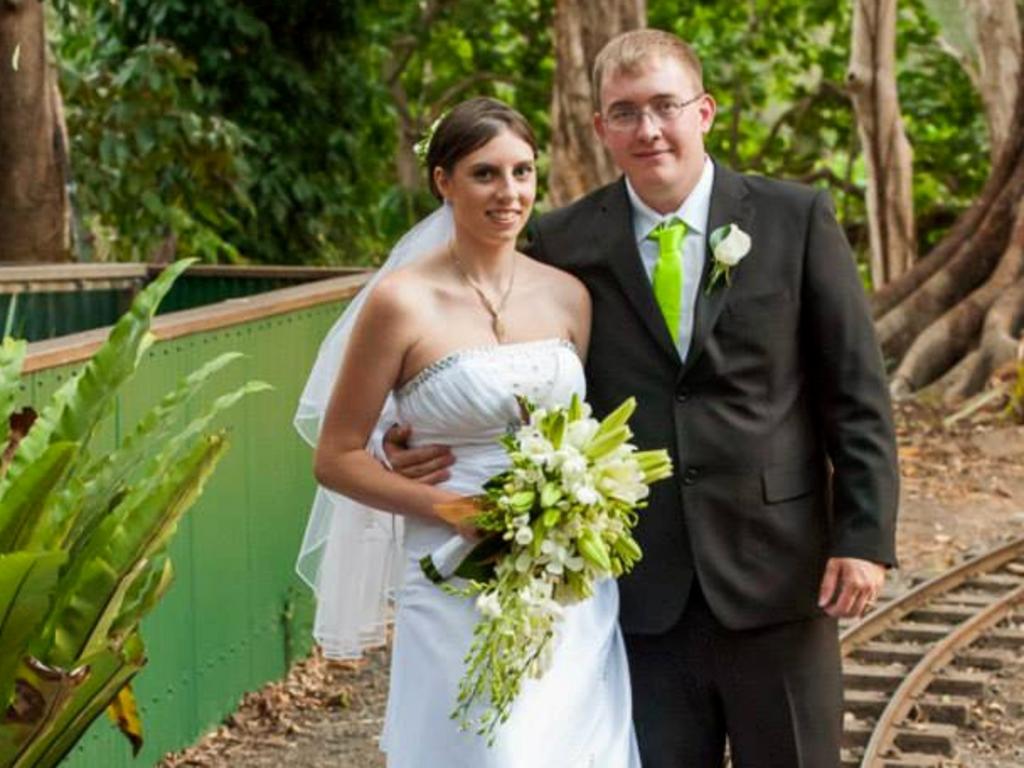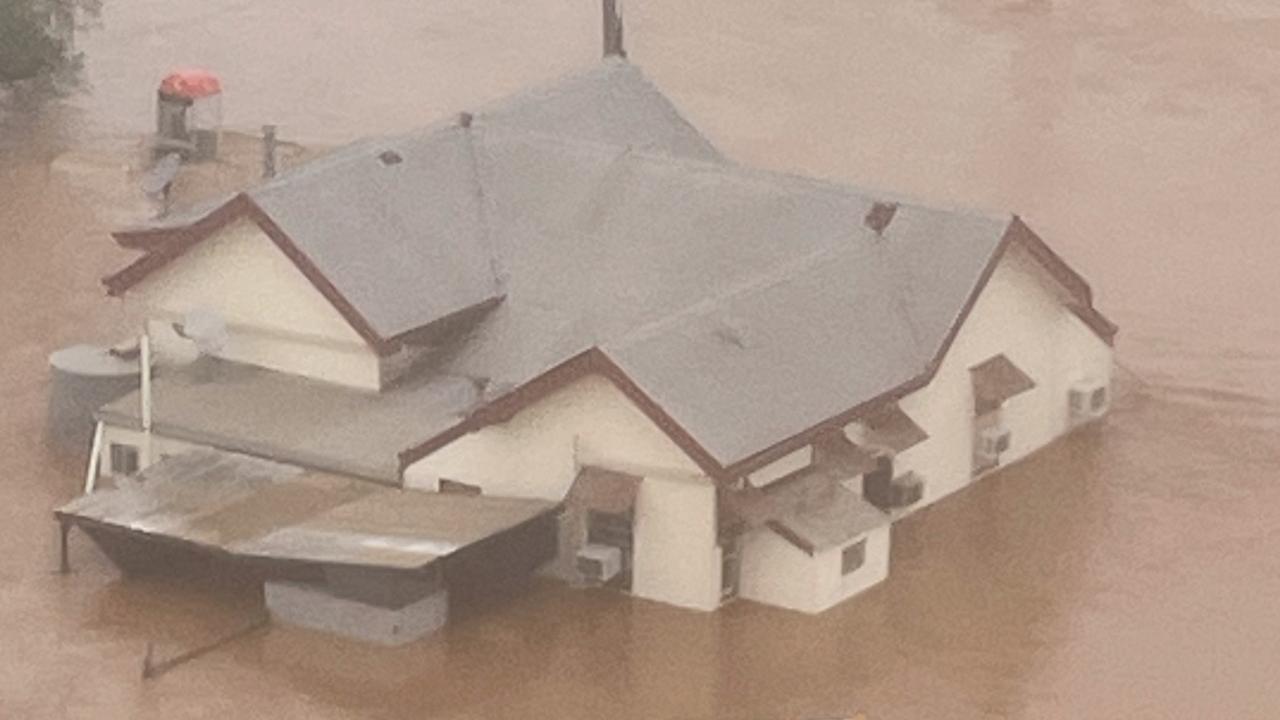Injured veterans forced to wait a year for help
Veterans are waiting up to a year for compensation claims to be assigned to a case manager.

Injured veterans are waiting up to a year for compensation claims to be assigned to a case manager by the Department of Veterans’ Affairs, as a growing backlog puts further pressure on the understaffed agency’s efforts to clear 58,000 claims lodged in the 12 months to June 2020.
Emails obtained by The Australian highlight the mounting pressure on DVA staffers, who rely heavily on inexperienced contractors and labour hire firms to clear the “significant backlog” that is continuing to grow amid a surge in the number of veterans who are seeking compensation.
Karen Bird, the mother of Afghanistan veteran Jesse Bird who died by suicide in 2017, said the department’s “obfuscation” and “poor processes” directly contributed to her son’s death.
“Jesse started the claims process in 2015, but he died with rejection letters surrounding him in June 2017,” Ms Bird said.
“They dumped money into his account two weeks after he died.”
A Victorian coroner found last year that Bird’s struggle to cope with post-traumatic stress disorder was “exacerbated” by the “delays and difficulties” he faced when attempting to claim financial support and compensation from DVA for his service-related psychological injuries.
Five days before he died, the private lodged a complaint to DVA about the delays associated with his claim, revealing that he had “come close to becoming another suicide statistic”.
Department figures show that net claims received under the liability stream of the Military Rehabilitation and Compensation Act grew to 33,784 last year, up from 21,977 in 2018-19.
A senior DVA employee who oversees the management of claims outlined the impact of the staggering wait times in an email to veteran advocate Scott Harris in October last year.
“There has been substantial year-on-year increases in the numbers of claims lodged,” he said. “In the ‘MRCA’ (Military Rehabilitation and Compensation Act) area alone, last financial year we received an average of 3800 claims per month.”

“The current position is that there are claims that were lodged in September 2019 awaiting allocation. The proportion of unallocated claims essentially increases each month.”
The number of veterans with an accepted disability under the MRCA has more than doubled over the past five years to 43,116 people in the 12 months to June 2020.
Mr Harris, an Iraq veteran who is representing 140 ex-defence force personnel as a volunteer advocate, said the backlog of claims was a “systemic problem” that has “gone on for years”.
“From go to whoa, the quickest I’ve seen it happen is five days and the longest is still going, and it’s in excess of 400 days and that’s before it even gets to the delegate,” he said.
Lawyer Brian Briggs, a military compensation expert at Slater and Gordon, said it could take up to 12 months for a claim just to be assigned to a staff member.
Mr Briggs said one client, who is in a state of “significant psychiatric and financial distress”, is yet to receive a response from the department despite having submitted a claim last June.
“Previously, if you were submitting a new claim seeking liability for your injuries or conditions, and compensation for your permanent impairment, you were looking at a wait of about 12 to 18 months,” Mr Briggs said. “That has blown out to 2½ years and it’s because of the problem with assignment. I’m now putting claims out to be finalised to about September 2023 even if they are not complicated.”
He said the royal commission into defence and veterans suicide, announced on Monday by Scott Morrison, would not “remedy” the significant delays within the next four years.
In a statement, a spokesperson for DVA said an investment of $500m had led to an increase in veteran engagement and a more than doubling of claims received since 2017 — with 121,853 compensation claims received in 2019-20, of which 58,973 claims were lodged under MRCA.
“In some compensation streams, such as MRCA, there are unfortunately long wait times,” the spokesperson said.
“The government provided over $54m over two financial years (2019-20 and 2020-21) to increase DVA’s claims processing capacity, including for increased staffing and resources.”
At Senate estimates last month, DVA secretary Liz Cosson said improved veteran outreach had contributed to an “unprecedented increase in claims”.
“Keeping up with the demand and processing claims as quickly as we would like remains a challenge,” Ms Cosson said. She said that labour-hire staffing at the department had reached a “not sustainable” level of 42 per cent, noting that more than half of processing staff were also labour-hire workers.
According to the DVA, the average time taken to process an MRCA claim is 123 days for initial liability claims, 177 for permanent impairment, and 30 for incapacity claims. Under legislation, the government’s target for processing MRCA claims is 90 days.
The Community and Public Sector Union blamed the backlog on the average staffing cap, which means DVA can employ only the same number of public servants as it had in 2007.
It said the department had 379 fewer ongoing employees than in 2012-13, despite its client numbers increasing to 323,000 in 2019-20, up from 313,000 in 2012-13.
Need to talk to someone? Don’t go it alone Please reach out for help.
Open Arms Counselling Service: 1800 011 046
Lifeline: 13 11 14 or lifeline.org.au
Beyond Blue: 1300 22 4636 or beyondblue.org.au







To join the conversation, please log in. Don't have an account? Register
Join the conversation, you are commenting as Logout